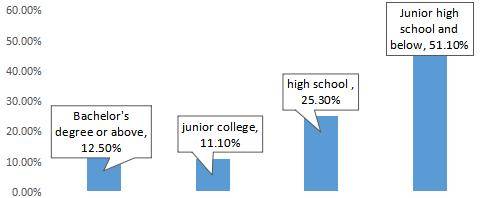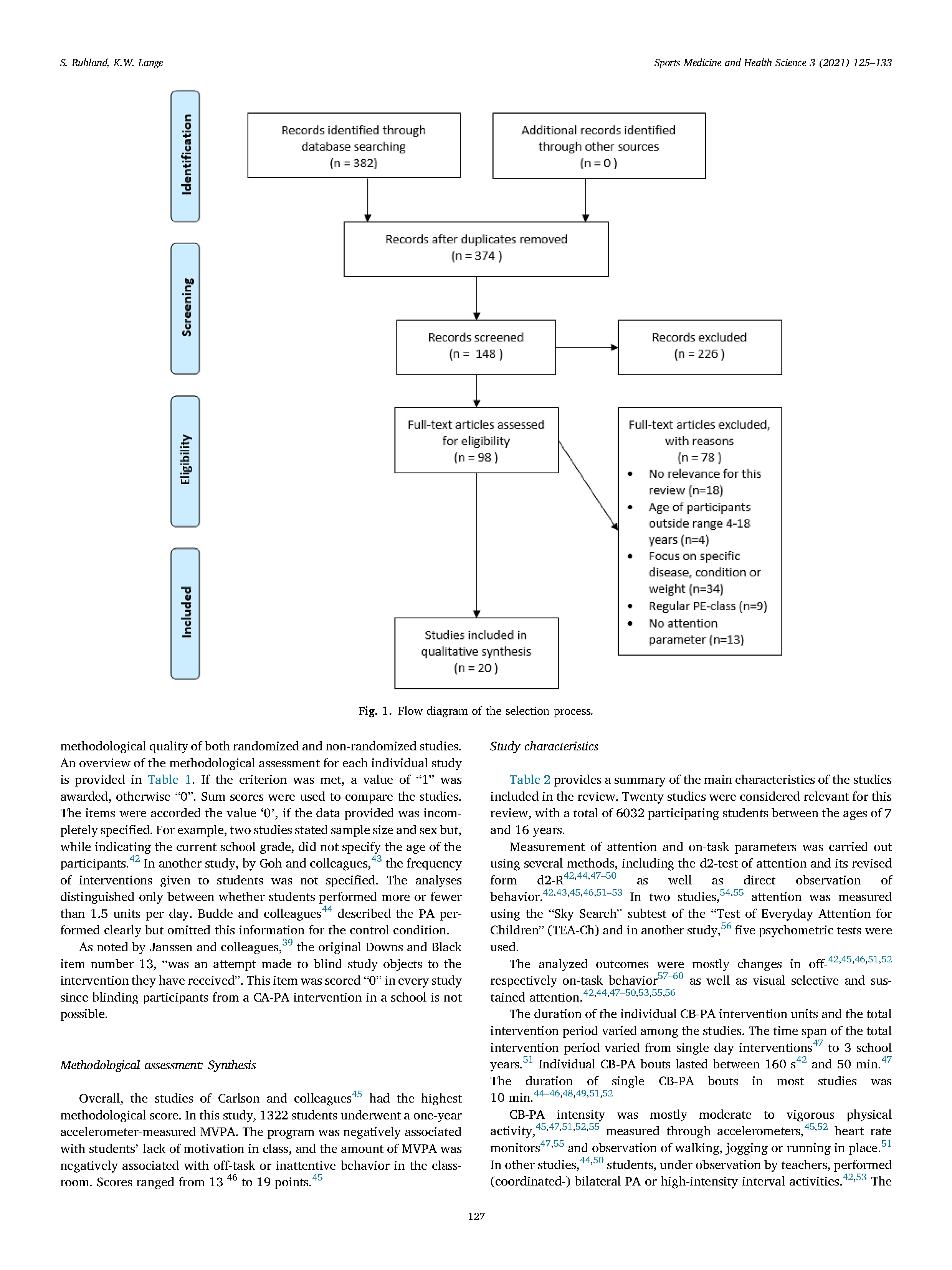Exploring the Long-Term Effects of Student Loan Debt on Financial Stability and Mental Health
#### Description:The effects of student loan debt have become a pressing concern for millions of graduates across the globe. As students take on significant……
#### Description:
The effects of student loan debt have become a pressing concern for millions of graduates across the globe. As students take on significant financial burdens to pursue higher education, the ramifications of these loans extend far beyond the classroom. Understanding the effects of student loan debt is crucial for current and future students, policymakers, and society at large.
One of the most immediate effects of student loan debt is the financial strain it places on graduates. Many students enter the workforce with substantial debt, often exceeding tens of thousands of dollars. This financial burden can delay critical life milestones such as purchasing a home, starting a family, or saving for retirement. According to recent studies, individuals with student loan debt are less likely to own homes compared to their debt-free counterparts. This delay in homeownership not only affects personal financial stability but also has broader implications for the housing market and economy.

Moreover, the effects of student loan debt extend into the realm of mental health. The stress associated with managing repayment schedules, interest rates, and the fear of default can lead to anxiety, depression, and other mental health issues. A survey conducted by the American Psychological Association found that individuals with student loan debt reported higher levels of stress and mental health challenges compared to those without such financial burdens. This mental strain can further impede a graduate’s ability to thrive in the workplace, as the psychological toll of debt can diminish productivity and job satisfaction.
The effects of student loan debt also influence career choices. Many graduates feel compelled to accept jobs that may not align with their passions or career aspirations simply to meet their loan obligations. This phenomenon, often referred to as the “debt trap,” can lead to a cycle of dissatisfaction and burnout. Graduates may find themselves in positions that do not utilize their skills or offer opportunities for growth, ultimately stifling innovation and creativity in the workforce.

Additionally, the effects of student loan debt can have generational impacts. As young adults struggle to repay their loans, they may be less inclined to invest in their children’s education or save for their future. This cycle of debt can perpetuate socioeconomic disparities, as families with student loan burdens may prioritize immediate financial needs over long-term investments in education. Consequently, the effects of student loan debt can ripple through generations, affecting not only the borrowers but also their children and communities.
Furthermore, the broader economic implications of student loan debt cannot be overlooked. High levels of student debt can hinder economic growth by limiting consumer spending. Graduates burdened by loans are less likely to make significant purchases, such as cars or homes, which are vital for stimulating the economy. This reduced spending power can lead to slower economic recovery and growth, affecting industries that rely on consumer spending.

In conclusion, the effects of student loan debt are profound and multifaceted, impacting financial stability, mental health, career choices, generational wealth, and the economy at large. As the conversation around student debt continues to evolve, it is essential for stakeholders to recognize the urgency of addressing these issues. Solutions such as loan forgiveness programs, financial literacy education, and policies aimed at reducing the cost of higher education are critical in mitigating the effects of student loan debt. By fostering a supportive environment for graduates, we can work towards a future where the pursuit of education does not come at the cost of financial and emotional well-being.